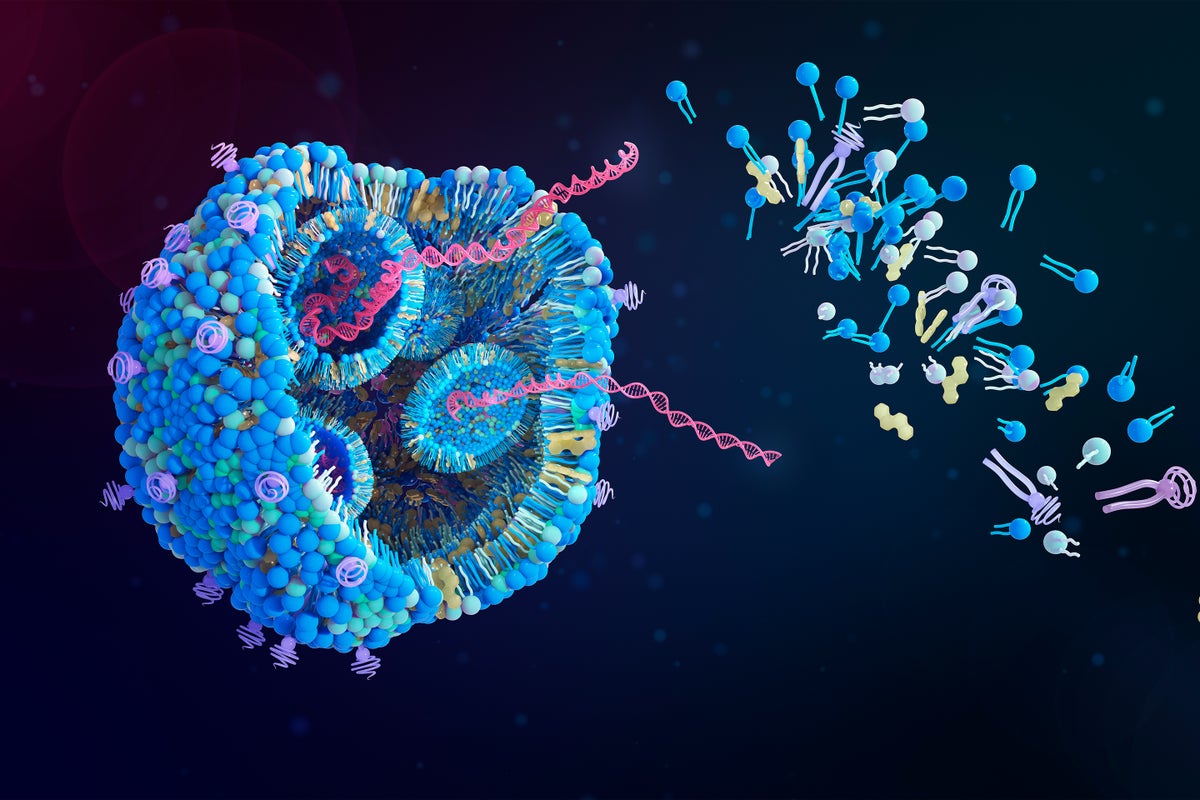
"Scrapping the fastest platform we have is a reckless move rooted in a fundamental misunderstanding of vaccinology, wrote Jake Scott, an infectious diseases specialist and clinical associate professor of medicine at Stanford University."
"The use of mRNA in vaccines has opened new doors beyond infectious disease. Researchers are investigating promising mRNA vaccines for pancreatic cancer, which currently has a five-year survival rate of just 13 percent."
"What makes mRNA so valuable is its programmability and, for pandemics, the speed at which it can be programmed. Traditional vaccines introduce an inactivated or dead pathogen into the body."
"Vaccines that use mRNA instruct the body's own cells to make parts of a protein in or on a pathogen. The body learns to recognize this protein without having to fight off the full infectious agent."
The U.S. Department of Health and Human Services announced the cancellation of $500 million dedicated to mRNA vaccine development for pandemic preparedness. This decision is criticized by experts, with concerns that it reflects a misunderstanding of vaccinology. mRNA technology has potential beyond infectious diseases, being explored for vaccines against pancreatic cancer and various cancers, autoimmune disorders, and genetic diseases. The programmability and speed of mRNA vaccines distinguish them from traditional vaccines, which involves using inactivated pathogens to train the immune system.
Read at www.scientificamerican.com
Unable to calculate read time
Collection
[
|
...
]